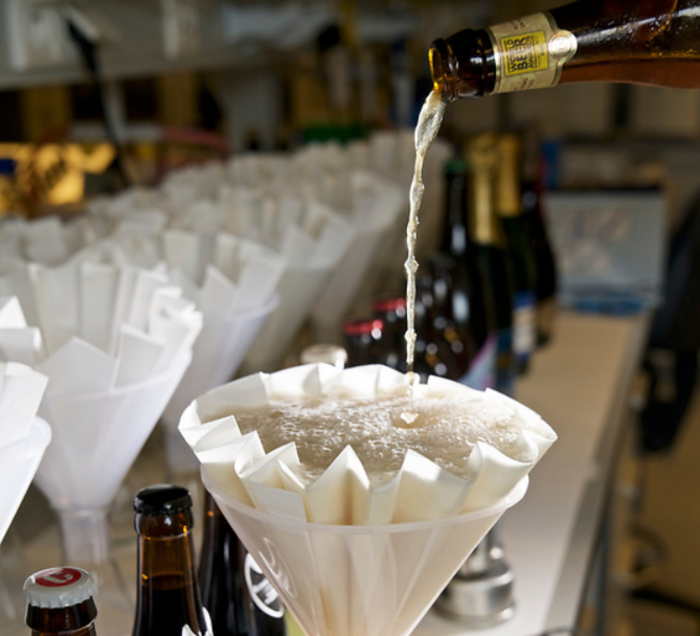Artificial Intelligence takes on the role of beer expert, to help improve its taste by meeting consumer requests: the new algorithm was developed by a research group led by the Vib-Ku Microbiology Center in Louvain, in Belgium, which trained him to classify over 200 drink chemical properties found in 250 Belgian commercial beers of all types, then linking them to descriptions made by a panel of 16 trained tasters and over 180,000 public consumer reviews. The results, published in the journal Nature Communications, could extend the possible applications to other foods and drinks.
Being able to predict the level of consumer appreciation for new flavors or varieties is a very complex challenge, which must take many factors into account. Typically, these investigations are carried out through tests with groups of people, but these can be quite inefficient and provide limited results. Researchers coordinated by Kevin Verstrepen therefore looked for a way to make the entire process more efficient, turning to AI. Thanks to the large amount of data collected, in fact, they were able to train the system to predict and connect both the flavor and the appreciation of consumers, based on the chemical profile of the beers.
The authors of the study tested the effectiveness of the model by using its predictions to modify an alcoholic and a non-alcoholic commercial beer: the results showed that participants in the blind tasting actually gave higher scores to the new versions. Currently, the algorithm is limited to the main Belgian beers, so to apply it to a larger sample it will be necessary to train with additional data, which also includes information such as age of consumers and culture.
Reproduction reserved © Copyright ANSA

